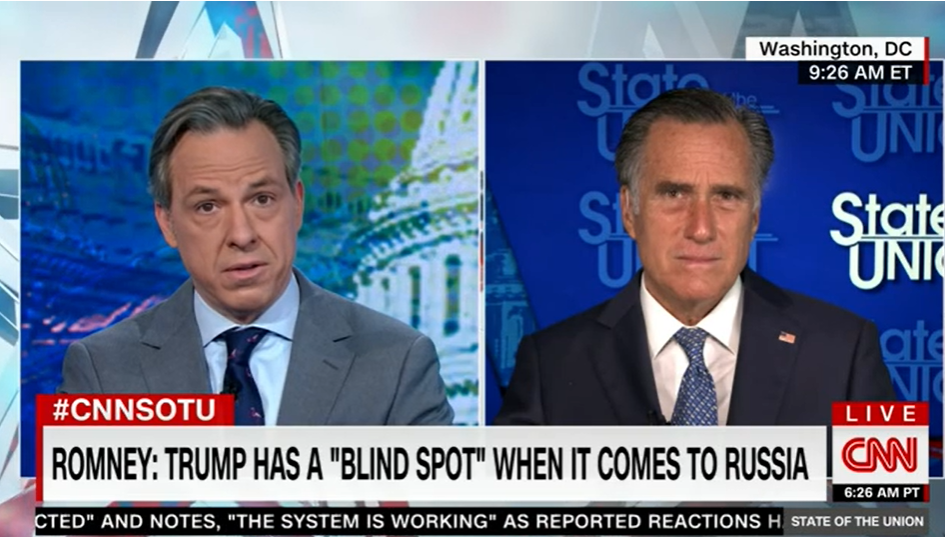London/Hong Kong (CNN Business)Europe has finalized an investment agreement with China that is designed to rebalance trade with the world’s second largest economy, despite US concerns that the deal could be counterproductive.
Brussels and Beijing have been negotiating the Comprehensive Agreement on Investment for seven years, but talks gathered pace in recent months ahead of a joint deadline that had been established for the end of 2020.
Negotiations were completed on Wednesday during a video conference with Chinese President Xi Jinping and EU officials, according to a statement from the European Commission.
“The European Union has the largest single market in the world. We are open for business but we are attached to reciprocity, level playing field and values,” European Commission President Ursula von der Leyen said on Twitter.
In comments reported by Chinese state media outlet Xinhua, Xi said the new deal will “strongly stimulate” the world’s post-pandemic economy recovery, while promoting global trade and investment liberalization.
The Commission described the agreement as one of “major economic significance.” The deal will help promote sustainable development, and improve market access for EU investors across sectors including health, financial services and electric vehicles.
The Commission said the deal, which was a priority pushed by German Chancellor Angela Merkel, will also lay down “clear obligations on Chinese state-owned enterprises,” which are often heavily subsidized. The agreement also establishes rules against forced technology transfers.
But moving ahead with the deal could also harm Brussels’ relationship with the incoming US administration, which had expressed a desire to work closely with the European Union on issues related to China. In Washington, many view cooperation with Europe as the most effective way to counter China’s economic practices and human rights record.Jake Sullivan, who has been tapped to be President-elect Joe Biden’s national security adviser, responded last week to a post on Twitter about the EU agreement, saying the administration “would welcome early consultations with our European partners on our common concerns about China’s economic practices.”
The European Union said last year that it considers China to be a “strategic competitor” and a “systemic rival,” reflecting a recent hardening of attitudes toward the country. Biden has gone even further, describing Xi earlier this year as a “thug” who doesn’t have a “democratic … bone in his body.”
Under the EU investment agreement, China has committed to “work towards” the ratification of international rules banning forced labor, the Commission said. But that may not be enough to address concerns over China’s repression of Uyghurs and other Muslim ethnic minority groups, huge numbers of whom have been detained in camps.”
Trade policy does not take place in a vacuum — how the question of forced labor is addressed in the [Comprehensive Agreement on Investment] will determine the agreement’s fate,” Bernd Lange, a German member of the European Parliament, said last week on Twitter.
Beijing has long defended its crackdown in the western region of Xinjiang as necessary to tackle extremism and terrorism, and in line with Chinese law and international practice.Chinese state media has taken note of the challenges involved in reaching a deal.”
China-Europe relations are complex, because there are many contradictions and conflicts. In particular, ideology-driven forces in Europe are quite active,” the editorial board of the Global Times, a state-run tabloid, wrote in September. “They want to show their presence in China affairs and would make troubles.”
Still, the editorial board said it believed the relationship between the two governments could withstand “US meddling,” adding that Europe has no other option “except for strengthening pragmatic cooperation with China.”
